'Here & Now' Highlights: Chancellor Jennifer Mnookin, Mike Totoraitis, WIll Hsu, Thanh Bui-Duquette
Here's what guests on the April 18, 2025 episode said about federal and state pressures on UW-Madison, lead paint contamination in Milwaukee schools, how trade war is hurting Wisconsin's ginseng industry, and the impacts of eliminating funding for Head Start programs.
By Frederica Freyberg | Here & Now
April 21, 2025
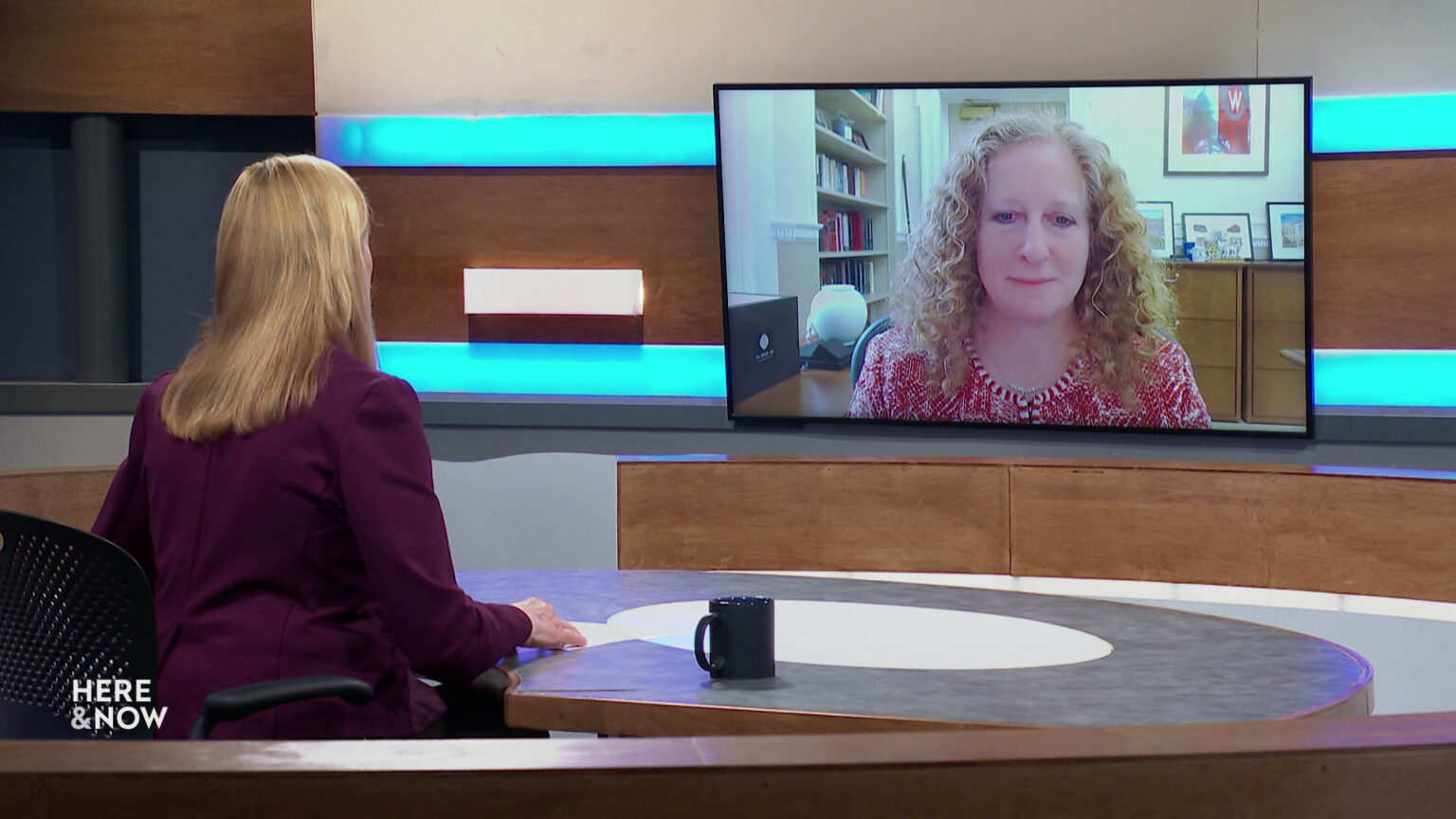
Frederica Freyberg and Chancellor Jennifer Mnookin (Credit: PBS Wisconsin)
UW-Madison Chancellor Jennifer Mnookin discussed the many issues facing the university, including concerns over federal investigations, funding cuts, and international student visa revocations, as well as the 2025 state budget cycle. Milwaukee Health Commissioner Mike Totoraitis described how lead paint contamination in city schools is a crisis. Marathon County ginseng producer Will Hsu spoke from China, where he traveled to better understand the export market in the face of a trade war. Thanh Bui-Duquette, director of Western Dairyland Head Start, said potential elimination of federal funding for the early learning program would be devastating.
Chancellor Jennifer Mnookin
Office of the Chancellor, UW-Madison
- There are federal investigations of higher education institutions across the United States on the part of the Trump administration – including UW-Madison – into their spending on diversity, equity and inclusion programs and allegations of antisemitism. Immigration officials have revoked the visas of more than two dozen international students at the state’s flagship campus. Then there are cuts to federal grants and threats of more cuts to research funding. Meanwhile, the Wisconsin Legislature is considering funding for the Universities of Wisconsin as it considers the 2025-27 state budget in the wake of an audit of DEI-related spending by state agencies and the Universities of Wisconsin sought by the Republican majority. Mnookin said of all the headwinds, the loss of federal funds stands out as her biggest concern.
- Mnookin: “It’s a challenging time in higher education across the entire sector right now, including for us. I think the biggest challenge is around questions around federal funding, especially for research, and also more generally. Federal funding is our single largest component of our budget, and we’re really proud to be an extraordinary research flagship. We’re doing research on so many different kinds of topics, from cancer research to incredible studies about Alzheimer’s to public policy engagements and so much else. Right now there are a lot of questions about what that funding is going to look like in the time ahead, so that’s probably my single biggest concern.”
Will Hsu
Hsu’s Ginseng Enterprises
- Wisconsin produces over 95% of ginseng grown in the U.S. and much of this domestic crop is exported to China. Will Hsu is a ginseng producer in Marathon County and the escalating trade war between the two nations could crush his business. Hsu described retaliatory tariffs from China as like reliving a nightmare.
- Hsu: “The first round of the trade war that was announced in 2018 took the tariff on our product from 7.5% to 32.5%. With the multiple rounds announced over the last two weeks since April 2, we are now at 117% tariff. And so it’s reliving a nightmare in the fact that every day you wake up and it’s another round of tariffs and it is another round of calls from customers who are concerned. We’re getting customers who’re delaying or canceling orders — very similar to the pattern that we saw in 2018 and 2019 during the first round of this trade war.”
Mike Totoraitis
Commissioner of Health, City of Milwaukee Health Department
- Milwaukee Public Schools is in the midst of a lead paint contamination crisis. At least four students have been found to have lead poisoning from lead paint chips and dust inside schools. Totoraitis responded to a question about how schools weren’t made safe from lead?
- Totoraitis: “We uncovered that the district wasn’t following their lead maintenance plan. So, it’s a plan that the district has created that outlines what they will do on an annual basis to ensure lead-safe schools and classrooms where the students are. Through our investigation, based on the level of paint degradation and the level of dust that was identified through our investigation, we’ve determined that this wasn’t something that happened overnight. This was years in the making of the facilities not being maintained, and now we’re at this stage where there’s significant lead hazards present for the students and staff.”
Thanh Bui-Duquette
Director, Western Dairyland Head Start
- Head Start programs are facing elimination in federal budget plans proposed by the Trump administration. Regional offices, like one in Chicago that serves Wisconsin, have already been shut down. Now there are concerns the programs that help prepare young children from low-income families for school could be defunded altogether. Head Start serves about 16,000 children in Wisconsin. Bui-Duquette directs the programs in four counties in the western part of the state — Buffalo, Eau Claire, Jackson and Trempealeau — and said ending the service would have cascading consequences.
- Bui-Duquette: “Honestly, the impact is clear. It will be devastating for every community across Wisconsin and frankly, our country. Children, thousands, hundreds of thousands of children will not have access to safe and nurturing environments. Our parents, our families will have no one to care for them. They cannot go to work. And that will really create a major labor disruption. You know, when you think about it, it’s already in a market where employers already are struggling to find workers, and ultimately this will hurt rural communities the most. You know, I am in this community. I see the struggles that they face every day — scarce resources. There’s very few employment opportunities and it will put more children and families into poverty. And in the long run, it will end up costing taxpayers even more money.”
Watch new episodes of Here & Now at 7:30 p.m. on Fridays.
Editor’s note: PBS Wisconsin is a service of the University of Wisconsin-Madison and the Wisconsin Educational Communications Board.
 Passport
Passport




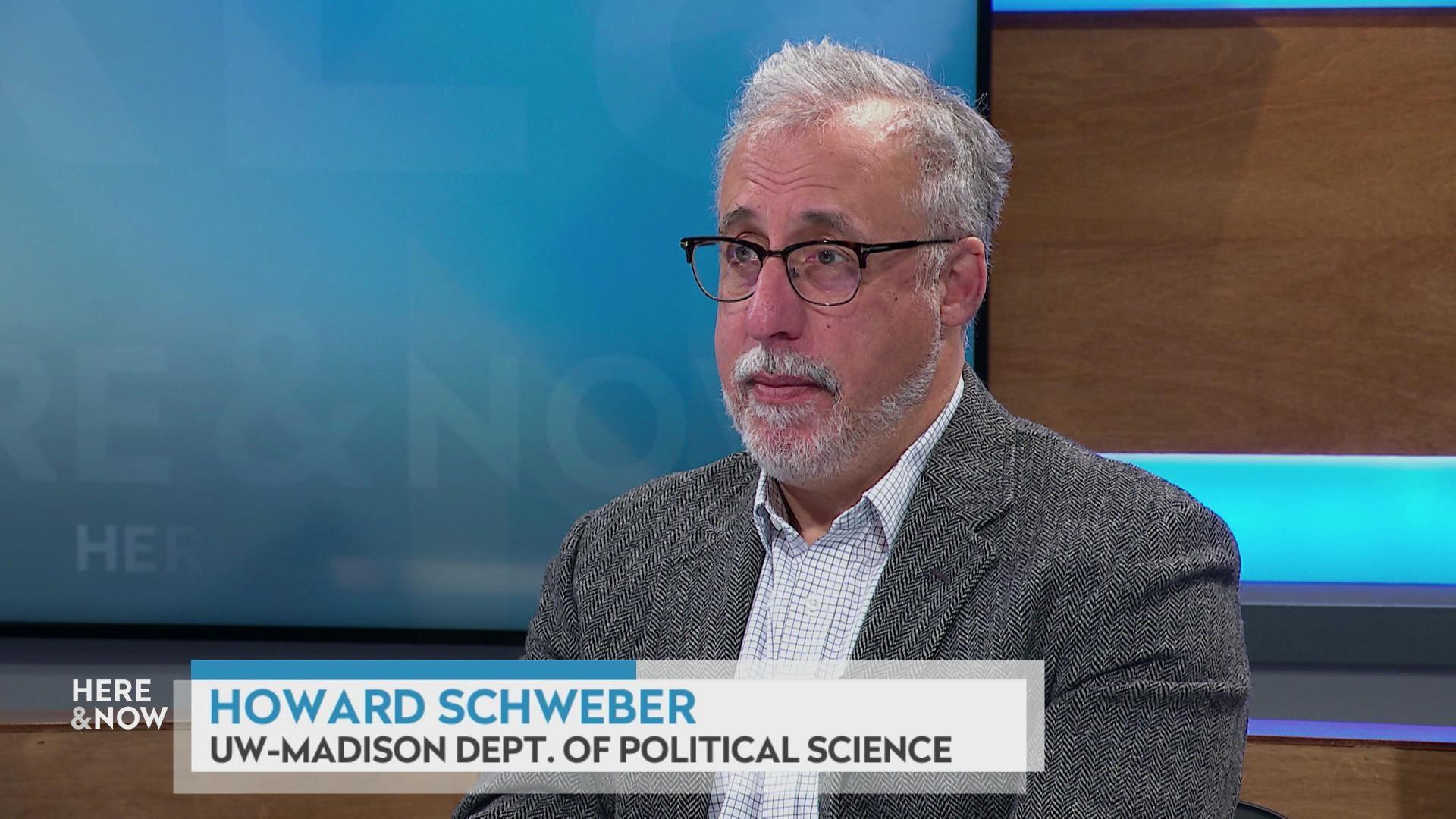
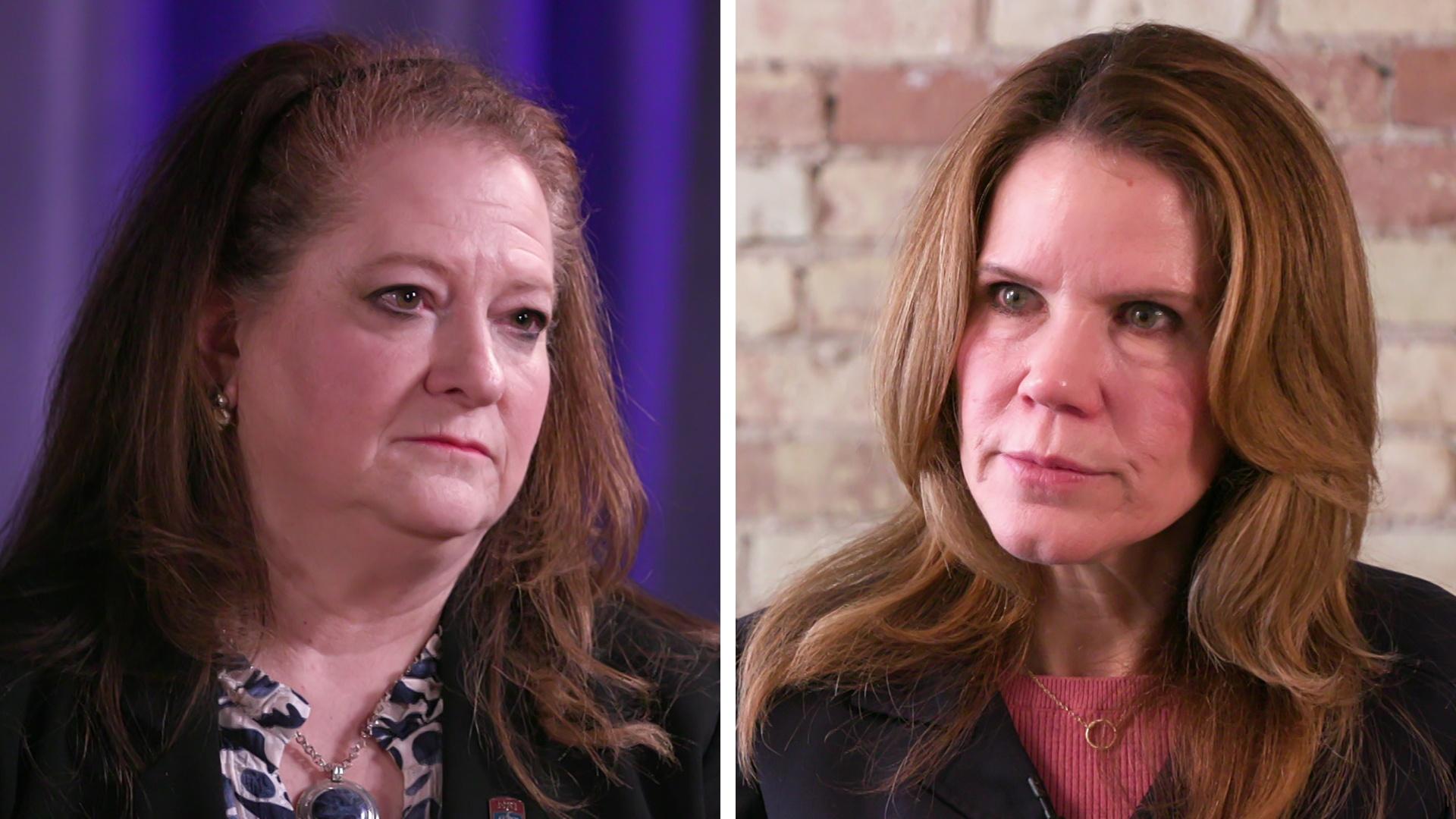


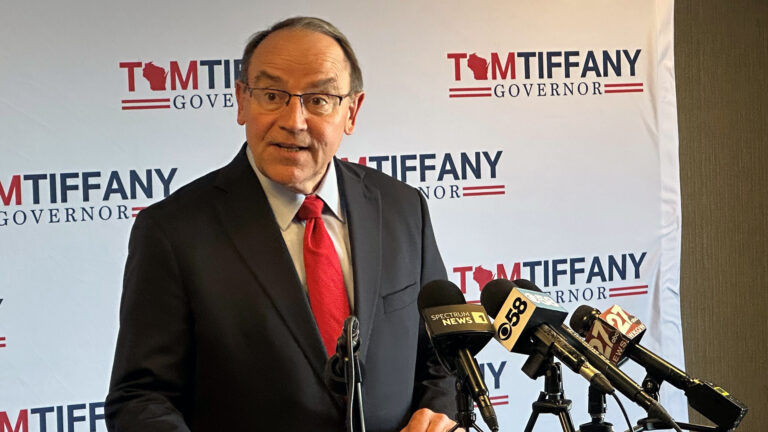
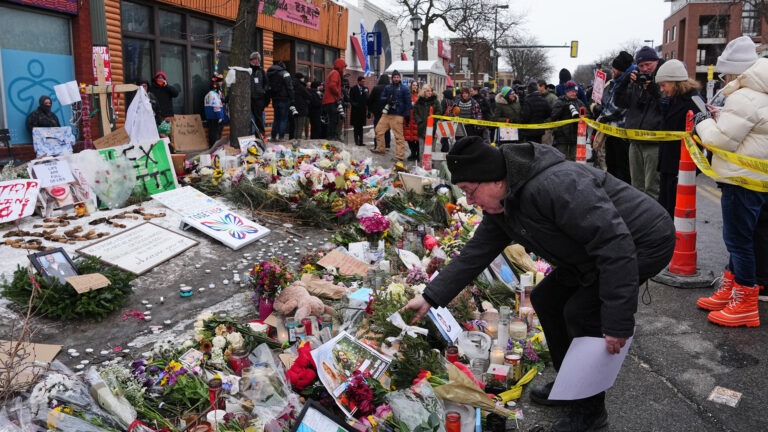

Follow Us